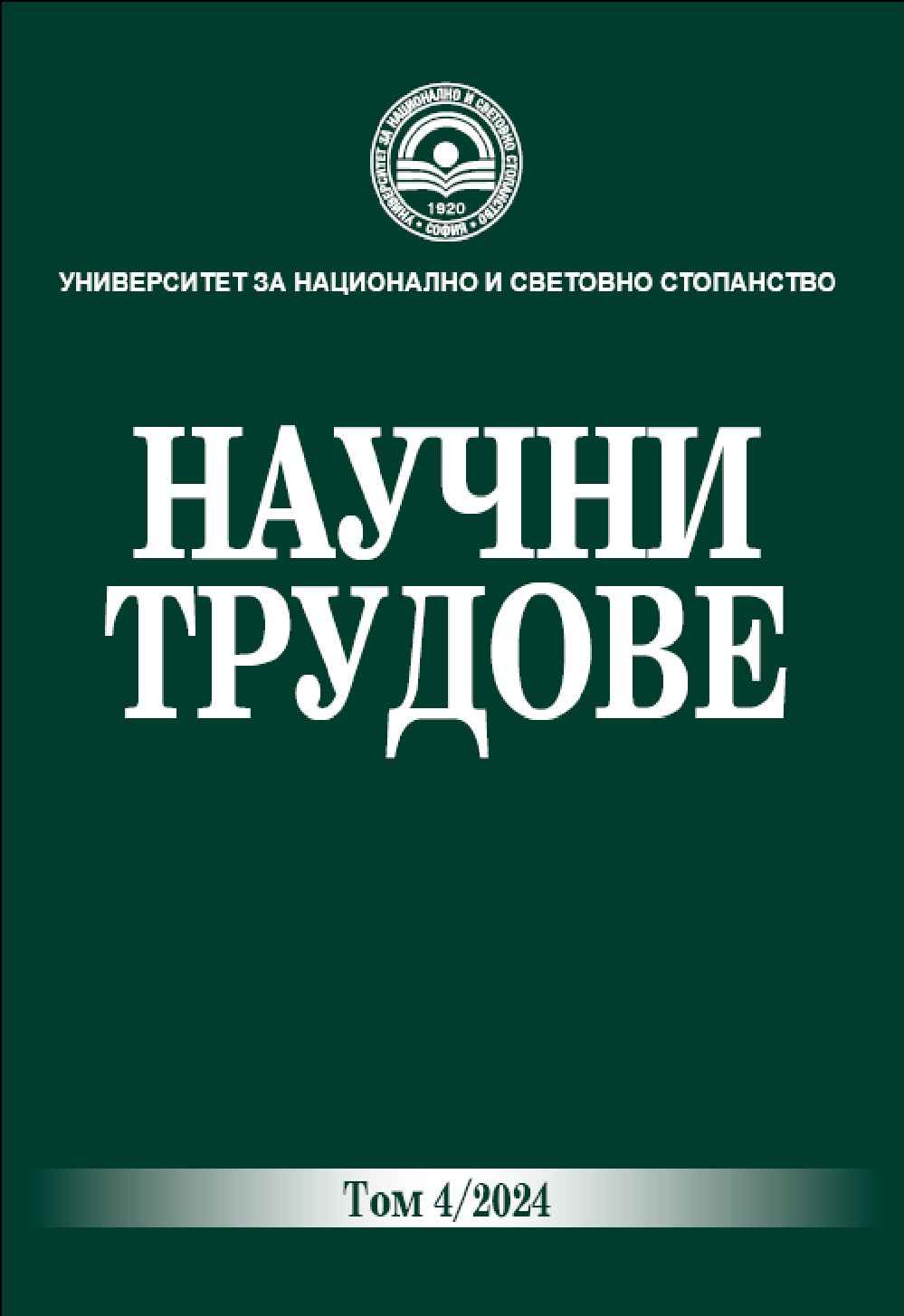Кейнсовата и Нео-кейнсианската теории за икономическите кризи: някои теоретични аспекти
The Keynesian and Neo-Keynesian Theories of Economic Crises: Some Theoretical Aspects
Author(s): Petar PiperkovSubject(s): Politics / Political Sciences, Social Sciences, Economy, Business Economy / Management, Political Sciences, Sociology, History and theory of political science, Evaluation research, Economic development, Socio-Economic Research
Published by: Университет за национално и световно стопанство (УНСС)
Keywords: economic crises; J. M. Keynes; fundamental uncertainty; Neo-Keynesianism; neoclassical synthesis
Summary/Abstract: The Keynesian tradition dates back to J. M. Keynes and, according to it, economic crises are endogenous phenomena. The article reviews some aspects of this tradition in light of the understanding of fluctuations from market equilibrium. The object is the currents in the Keynesian theory, and the subject – their views on economic crises. The purpose of the article is to highlight certain contradictions between the ideas of J. M. Keynes and the subsequent Keynesian schools, due to the original ideas of Keynes, which subsequently fell out of the Keynesian tradition, but are essential for understanding the genealogy of crises. Scientific methods such as historical-logical analysis, comparative analysis and synthesis were used.
Journal: Научни трудове на УНСС
- Issue Year: 4/2024
- Issue No: 4
- Page Range: 179-190
- Page Count: 12
- Language: Bulgarian

